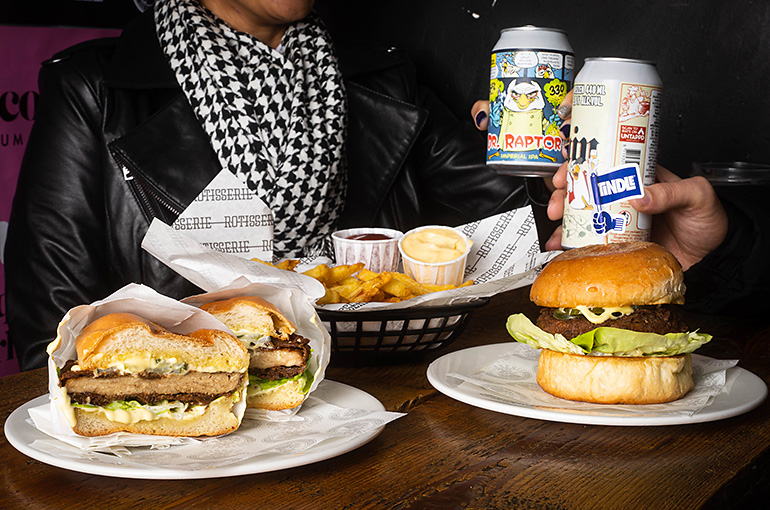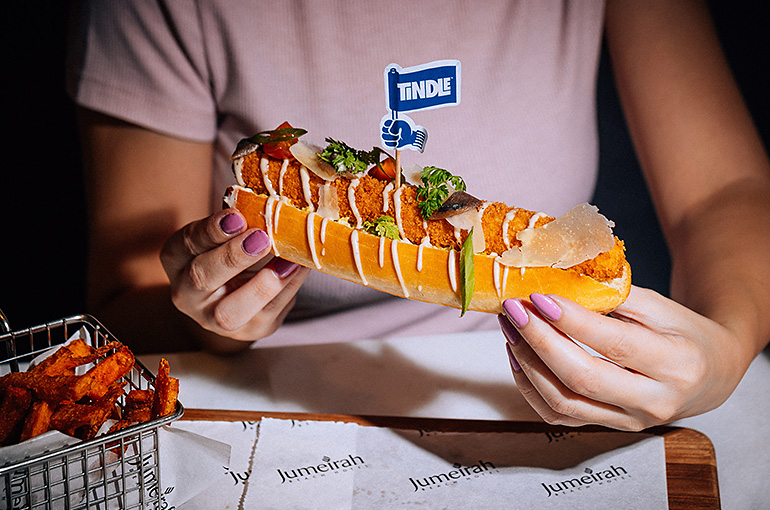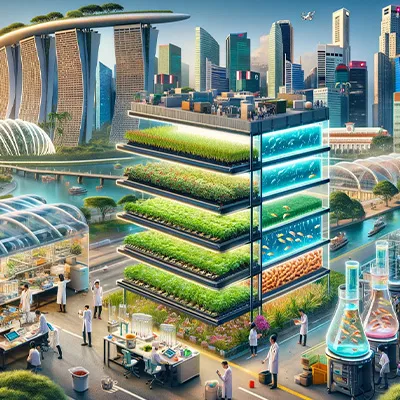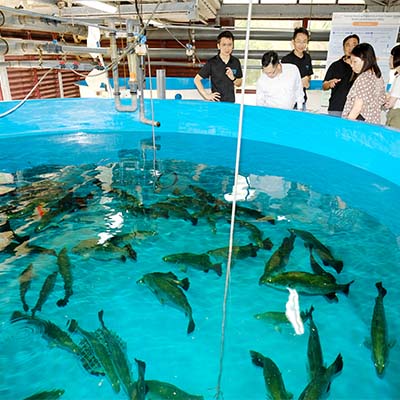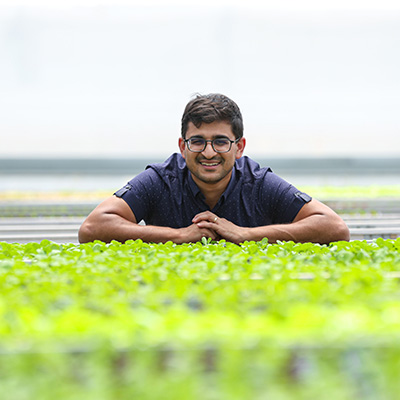As our global population grows, so too will our need for food. In 2020, undernourishment impacted an estimated 770 million people globally—about 10% of the world’s 7.7 billion population. By 2050, this number is expected to top 9.7 billion, a population that will further exacerbate food shortages as they stand.
Key to keeping people healthy is a balanced diet. But increasingly, access to quality meat and other produce that are key ingredients for swathes of the global population are under threat from climate change, the pandemic, and supply chain disruptions. A further challenge for food is its carbon footprint, where foods made from conventional crops and livestock are among the world’s highest emitters. In 2019, food production accounted for 26% of the world’s total greenhouse gas emissions.
To help overcome these challenges, German-born food innovator Timo Recker has a profound vision when it comes to the future of what we eat. If you can make food that’s both pleasurable and responsible, consumers will bite. “We want to help make the global food system sustainable with delicious food,” Recker explains of his vision for the company he co-founded, plant-based food tech Next Gen Foods.

